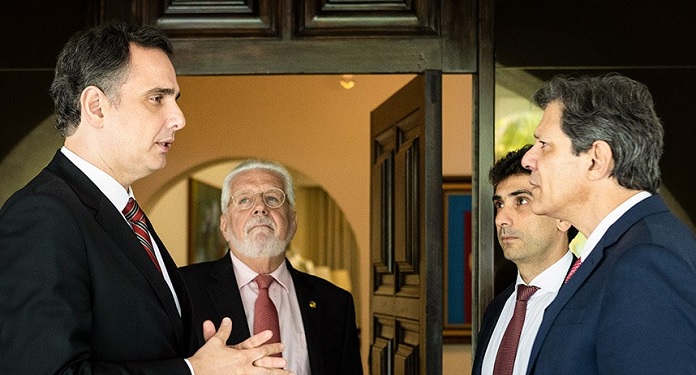
The proposal to regulate sports betting in Brazil should be considered by the Economic Affairs Commission (CAE) next Tuesday, 21st.
However, the agenda should go to the Senate Plenary in the afternoon of the same day, according to senator Rodrigo Pacheco (PSD-MG).
It is worth noting that the bill was being processed under constitutional urgency until Tuesday, the 14th. However, the proposal was blocking the House’s agenda, preventing the analysis of other topics until it was considered.
However, government leaders, senators Jaques Wagner (PT-BA) and Randolfe Rodrigues (No party-AP), agreed to remove the urgency as long as the proposal was analyzed in the next session.
“It would not be possible to assess the projects scheduled for today if it were not for the initiative of the leaders with the Federal Government, and President Luiz Inácio Lula da Silva himself, to promote the removal of the constitutional urgency imposed on the bill”, declared the president of the Senate, Rodrigo Pacheco in session.
“Thus, it [bill] must be considered on the 21st, in the morning, by the Economic Affairs Committee, and in the afternoon, by the plenary”, he added.
Removal of the urgency of the betting regulation proposal
Last Tuesday, the 14th, the constitutional urgency of Bill nº 3,626/2023 was withdrawn, according to Message nº 586, from the President of the Republic, Luiz Inácio Lula da Silva published in the Official Gazette of the Union).
As a consequence, the Federal Senate agenda was unblocked and other matters could be voted on. The withdrawal of urgency comes in response to a request from the president of the Senate, who sought to deliberate on other topics this week.
If the project is modified in the Senate Plenary, it will return to the Chamber of Deputies. The agenda was approved by deputies in September.
Importance of the betting regulatory project in Brazil
The project to regulate sports betting in Brazil is one of the priorities of the Ministry of Finance, which intends to increase the Federal Government’s sources of revenue by taxing bookmakers.
According to the current text, part of the revenue will be sent to sectors such as social security, education, sport, public security and tourism.



















































